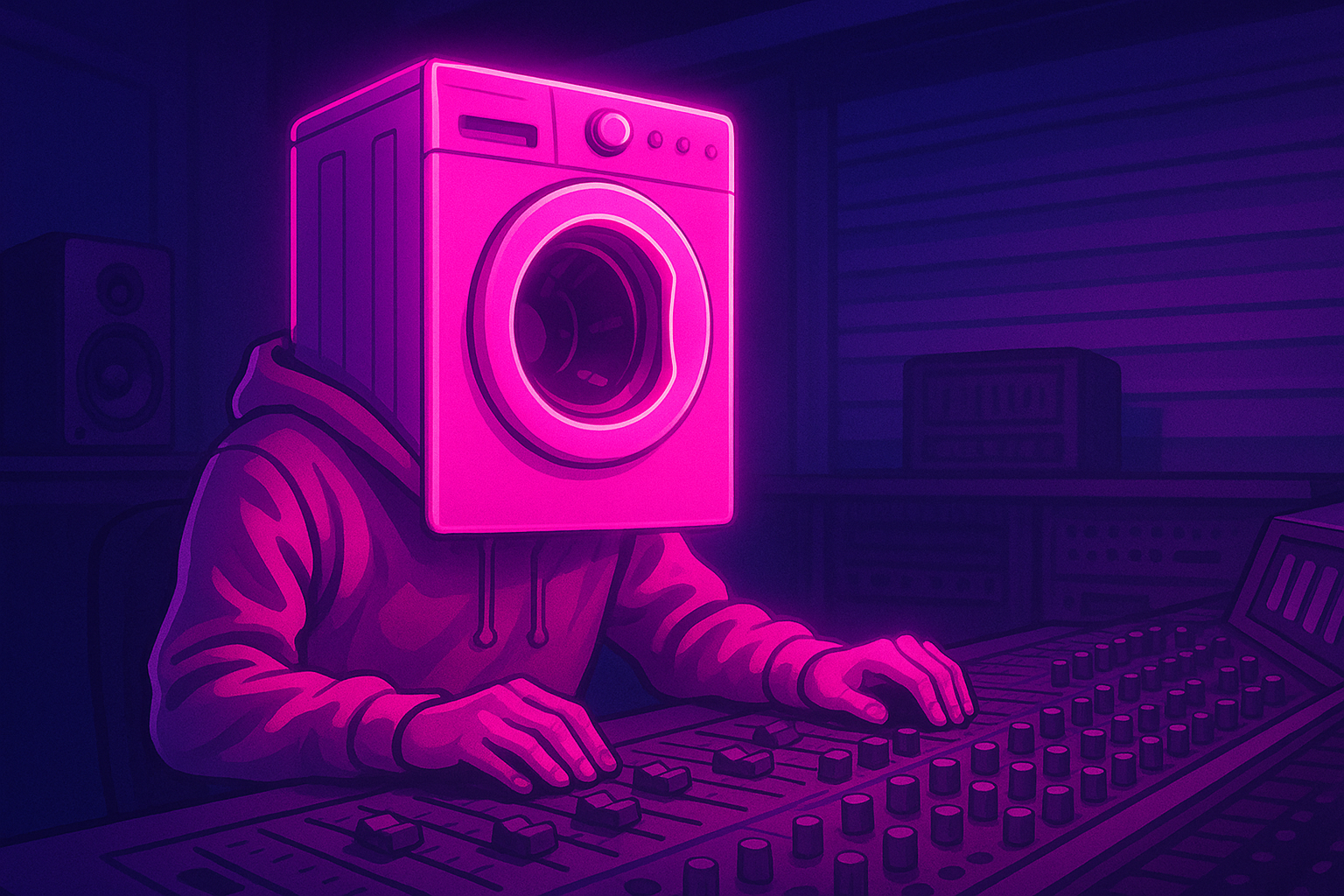Essential Music Industry Terms You Should Know
If you’re an aspiring musician, a music enthusiast, or simply curious about the inner workings of the music industry, understanding its terminology is key. In this blog post, we’ll introduce you to 50 of the most commonly used music industry terms, along with their dictionary-style explanations. Let’s dive in!
A
Album: A collection of recorded songs or instrumental compositions released as a single cohesive unit.
Arrangement: The adaptation of a musical composition to suit a particular performance style or instrumentation.
Artist: A person who creates, performs, or produces music.
ASCAP (American Society of Composers, Authors, and Publishers): A performing rights organization that represents and protects the rights of songwriters and publishers.
Audio Engineer: A professional responsible for the technical aspects of sound recording, mixing, and mastering.
B
Beat: A regular and repeated rhythmic unit that serves as the foundation of a song.
Bridge: A section in a song that connects different musical parts and provides contrast.
Broadcast: The transmission of music or audio content via radio, television, or the internet.
BMI (Broadcast Music, Inc.): A performing rights organization that collects and distributes royalties for public performances of music.
Booking Agent: A representative who negotiates and secures live performance engagements for artists.
C
Chorus: The main recurring section of a song with a memorable melody and lyrics.
Clearance: Obtaining permission or licenses for the use of copyrighted material.
Copyright: The legal protection granted to original musical works, giving the creator exclusive rights to reproduce, distribute, and perform the work.
Cover Song: A rendition or performance of a previously recorded song by an artist other than the original creator.
Creative Commons: A licensing system that allows artists to share their work with specific permissions granted to users.
D
Digital Distribution: The delivery of music to online platforms for streaming, downloading, and purchasing.
DJ (Disc Jockey): A person who selects and plays recorded music for an audience, often in live settings.
EP (Extended Play): A musical recording that contains more tracks than a single but fewer than a full-length album.
Genre: A category or classification that defines the style and characteristics of music.
Groove: A rhythmic and melodic feel or pattern that creates a sense of movement and energy in music.
H
Hook: A catchy and memorable musical or lyrical phrase that captures the listener’s attention.
Instrumentation: The selection and arrangement of musical instruments used in a composition or performance.
Intonation: The accuracy of pitch while singing or playing a musical instrument.
Intro: The opening section of a song that sets the mood and prepares the listener for the main part.
ISP (Internet Service Provider): A company that provides internet access to individuals or organizations.
L
Label: A company that discovers, develops, promotes, and distributes recorded music.
Licensing: Granting permission to use music for specific purposes, such as in advertisements or video games.
Lyrics: The words or text of a song, often expressing the songwriter’s thoughts, emotions, or storytelling.
Mastering: The final stage of audio production, where the tracks are polished and prepared for distribution.
Melody: A sequence of musical notes that form a recognizable and memorable musical line.
P
Performance Royalties: Payments made to songwriters, composers, and publishers for the public performance of their music.
Producer: The person overseeing the creative and technical aspects of a recording, guiding the artistic vision.
Promotion: Activities aimed at increasing awareness and exposure of music, artists, or events.
Publishing: The administration and exploitation of musical compositions, including licensing, royalty collection, and copyright protection.
Public Domain: Works that are not protected by copyright and can be freely used, adapted, and distributed.
R
Remix: A modified version of a song that typically features changes in arrangement, instrumentation, or style.
Royalties: Payments made to songwriters, composers, and performers based on the use and exploitation of their music.
Sampling: The act of taking a portion of an existing recording and incorporating it into a new composition.
Session Musician: A professional musician hired to perform on a recording or during live sessions.
Sync Licensing: Licensing music for use in synchronization with visual media, such as films, commercials, or video games.
T
Tempo: The speed or pace at which a piece of music is performed.
Tour Manager: A person responsible for organizing and managing the logistics of concert tours.
Track: A single song or recording, typically referring to an individual item on an album.
Trademark: A legal protection for names, logos, or symbols associated with specific brands or artists.
Verse: A section of a song that features different lyrics and often advances the narrative or story.
Thank you, hope you find it helpful!





